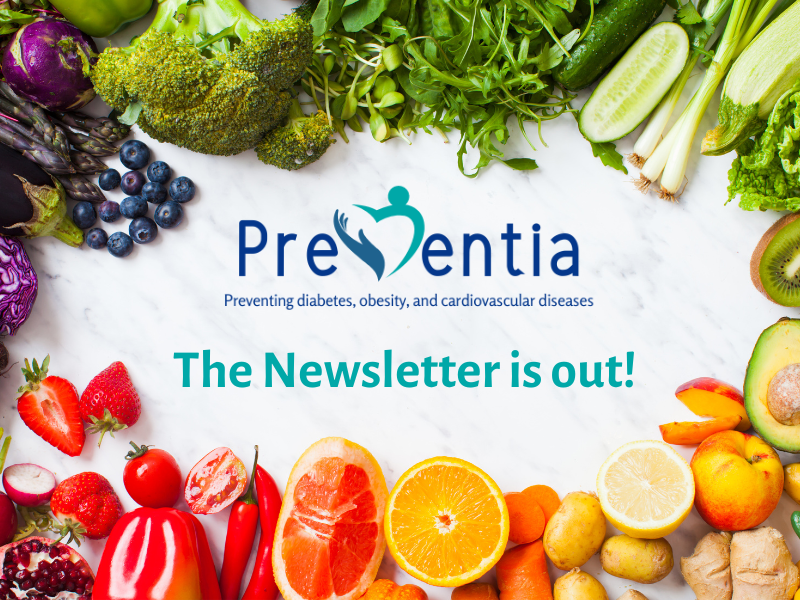Decreasing consumption of antibiotics leads to reduction in antibiotic-resistant bacteria
19 March 2024
Antimicrobial resistance (AMR) endangers public and animal health, causing over 35,000 deaths and costing €11.7 billion annually in the European Union and the European Economic Area.
According to the European Food Safety Authority (EFSA), effective strategies and policies can mitigate the alarming rise in antibiotic resistance. Reducing antibiotic use in agriculture is linked to lower resistance rates. Indeed, a notable reduction in antibiotic usage in European agriculture, which saw a 44% drop from 2014 to 2021, has been linked to decreased resistance levels.
The European Centre for Disease Prevention and Control (ECDC), EFSA, and the European Medicines Agency (EMA) published a report on the integrated analysis of antimicrobial consumption and AMR in bacteria from humans and food-producing animals. It indicates that such measures are making E. coli less resistant in both animals and humans.
This highlights the EU’s commitment to One Health approach – which is a significant initiative, implemented through the cooperation of the agencies, aimed at targeting the pressing challenge of antimicrobial resistance.
The report also found that bacterial resistance in humans may be linked to bacterial resistance in food-producing animals. It emphasizes that bacteria such as Campylobacter jejuni and Campylobacter coli, present in livestock, could transmit to humans via food, leading to resistance issues.
The report calls for continued efforts to tackle AMR at national, EU and global levels as well as harmonising surveillance of antimicrobial consumption and conducting targeted studies to further understand the spread of AMR.
EU food security: new guidelines to strengthen resilience
Share this article As reported by the newsroom of the Directorate-General for Agriculture and Rural…
EU discusses new acrylamide limits in food
EHN Click here to read the original articleRead More
Discover Preventia’s Newsletter
Subscribe HERE! SAFE launched the Newsletter for Preventia, or “NCDs prevention and health promotion through…
A new school joins the F4I school training initiative in Spain
Share this article As part of the Food4Inclusion project, SAFE is conducting nutrition training sessions…
Etichette dei prodotti, se leggi questa parola ti stanno ingannando: meglio saperlo subito
Tigullio Vino Click here to read the original article (in Italian)Read More .
Ακρυλαμίδιο στα τρόφιμα: Αναποτελεσματικά τα μέτρα της ΕΕ για τη προστασία των καταναλωτών σύμφωνα με την SAFE
Cibum Click here to read the original article on Cibum’s website (in Greek)Read More .






